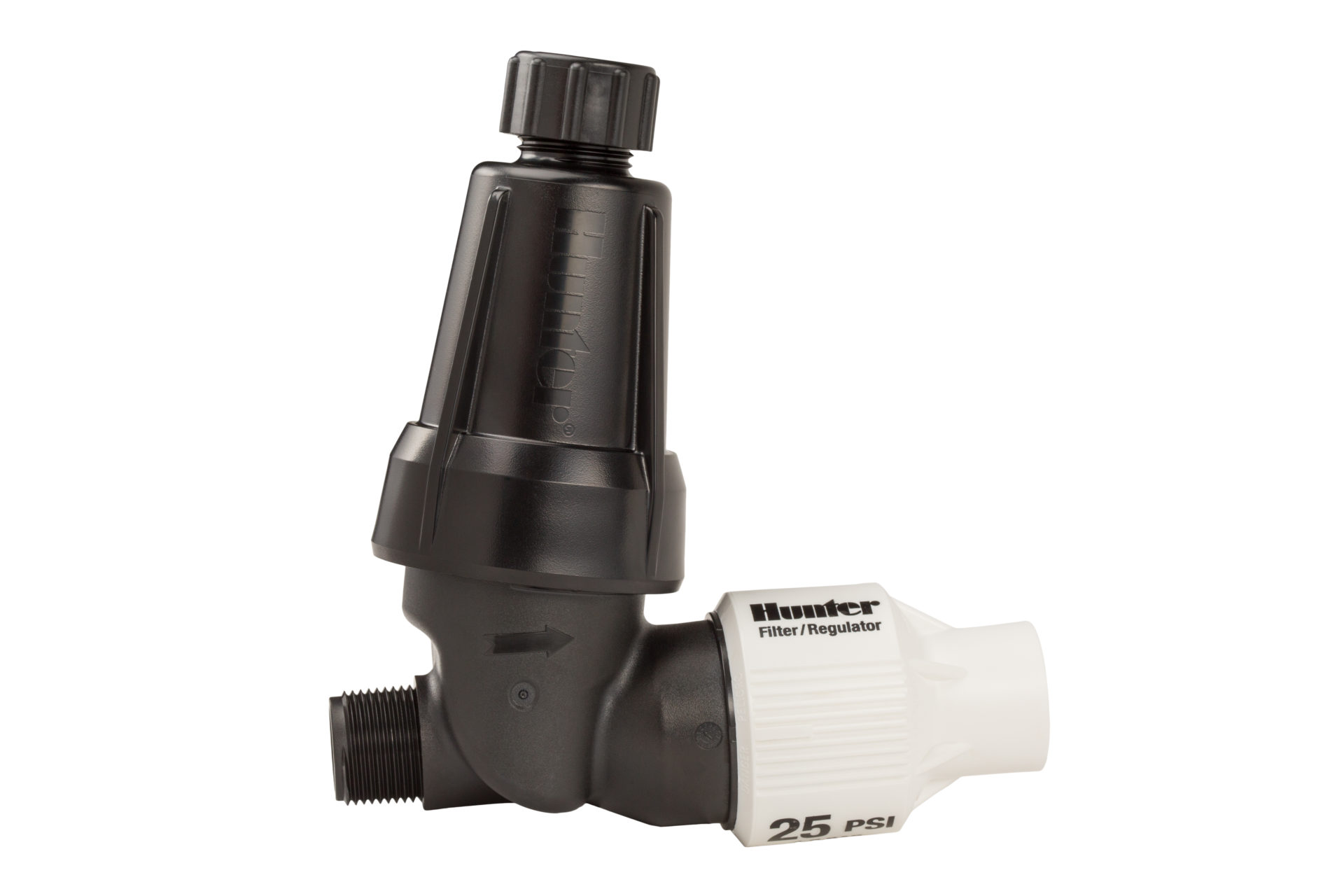The following blog post explains what type of filtration is commonly used in irrigation. In addition, the importance of the sieve size is discussed and the difference between mesh and micrometer is explained. You will find a conversion table from American mesh to European microns and vice versa.
In principle, there are two different types of water filters:
- Mechanical water filters that hold back impurities like a sieve
- Water filters on a chemical-physical basis, which also remove substances dissolved in the water
Only the first type is usually used in irrigation. The filters belonging to the second type, such as activated carbon or ion exchangers, are used, for example, in drinking water treatment, which, in addition to removing visible impurities, is also about removing bacteria and viruses from the water. This is not normally necessary for irrigation, here it is sufficient to remove coarse impurities so that the irrigation system does not become blocked. This applies in particular to micro-irrigation, which works with little pressure and small outlet openings.
Mechanical filters work like a sieve. The finer this is, the smaller the particles are filtered out. This fineness is expressed using the sieve size or mesh size. The mesh unit indicates the number of openings per inch, the larger the mesh number, the finer the sieve. The common irrigation filters on the market have filters between 60 and 200 mesh. This corresponds to 250 and 75 micrometers.
The unit micron (μm) is the unit used in Europe. Therefore, one often finds micrometers instead of mesh in sales offers. It indicates the size of the holes in the sieve. The smaller the number of micrometers, the finer the sieve. A micron is 1 millionth of a meter or 10−6 m, so 1,000 microns are 1 millimeter (0.04 inch). A mesh size of 250 microns, for example, means that the holes in the filter are a quarter millimeter (0.01 inch) in size and therefore all particles larger than 0.01 inch are stopped.
Below is a mesh to micron conversion table and a micron to mesh conversion table for a number of common values.
Conversion mesh to microns
| Mesh | Microns |
|---|---|
| 50 | 297 |
| 60 | 250 |
| 70 | 210 |
| 80 | 177 |
| 100 | 149 |
| 120 | 125 |
| 140 | 105 |
| 170 | 90 |
| 200 | 75 |
| 230 | 63 |
| 270 | 53 |
Conversion microns to mesh
| Microns | Mesh |
|---|---|
| 60 | 248 |
| 70 | 213 |
| 80 | 186 |
| 90 | 165 |
| 100 | 150 |
| 125 | 120 |
| 150 | 100 |
| 175 | 85 |
| 200 | 75 |
| 250 | 60 |
| 300 | 50 |
You can calculate other values yourself using the following two formulas:
- microns = 14900/mesh
- mesh = 14900/microns

